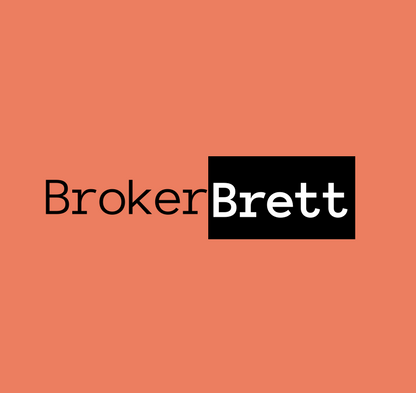STARTUP INSURANCE
So you have taken the plunge! Congrats. It’s going to be a wild ride, but we want to help make sure insurance isn’t something you worry too much about, we want to help you focus on the mission at hand! Changing the world and bringing your vision to life.
When it comes to startups and insurance, every startup is unique, but we do think there are some general best practices when it comes to startup tech companies. We’d want to make sure to talk through your specific needs, but please take the time to review a few thought below on what types of insurance may make sense for tech startups at different phases of their development.
Discovery (Pre-SEED) stage
Your company is self funded or have some friends and family money. You have no employees, you are searching for product market fit, and are in other companies systems and earning contracts. Tech startups are going to want to have the following policies in place.
1) Cyber Liability - Cyber-insurance is an insurance product used to protect businesses and individual users from Internet-based risks, and more generally from risks relating to information technology infrastructure and activities.
2) Errors and Omissions (E&O) - E&O is a type of professional liability insurance that protects companies, their workers, and other professionals against claims of inadequate work or negligent actions.
Small SEED round - You’re taken on some Professional money
You haven’t hired anyone yet, but you have Professional Money coming into your startup
3) Key Person Insurance - Key person insurance is simply life insurance on the key person in a business. In a small business, this is usually the owner, the founders or perhaps a key employee or two. These are the people who are crucial to a business--the ones whose absence would sink the company.
4) Directors and Officers Insurance (Maybe Employee Practices and Liabilities as well, it’s covered later too)
-Directors and officers liability Insurance (often called "D&O") is liability insurance payable to the directors and officers of a company, or to the organization(s) itself, as indemnification (reimbursement) for losses or advancement of defense costs in the event an insured suffers such a loss as a result of a legal action brought for alleged wrongful acts in their capacity as directors and officers.
SEED round - You’re starting to hire and build a company
You have employees, you’re accumulating assets, maybe getting office space, and starting to build a company.
5) General Liability (GL) and Business Personal Property (BPP) - BPP Covers your assets, GL covers liabilities like slip and fall accidents, you’ll also want to include, hired and unowned auto, water back-up and some BPP off-premise.(Maybe Workers Comp, depending upon if you have made hires yet.)
6) Workers Comp - Workers' compensation is a form of insurance providing wage replacement and medical benefits to employees injured in the course of employment in exchange for mandatory relinquishment of the employee's right to sue his or her employer for the tort of negligence.
Scaling Is On (Series A + Rounds Are Happening) and You’re Building a Company
Scaling is on, you have an HR department, you’re making a ton of hires, and have several rounds of funding on the horizon you’re going to want to add the following coverage:
(GL, BPP, E&O, Cyber, D&O, Key Man) +
7) Employment Practices and Liabilities (EPLI) - Employment practices liability is an area of United States labor law that deals with wrongful termination, sexual harassment, discrimination, invasion of privacy, false imprisonment, breach of contract, emotional distress, and wage and hour law violations. It may be categorized as a form of professional liability.
8) Excess liability insurance and Commercial umbrella insurance - Excess Liability Coverage will extend the underlying policies, whereas Commercial Umbrella Insurance will do the same, and have some broader coverage in place for your business.
Bonus Section - Employee Benefits - Regulations change state to state. And a lot of small startups have joining without Benefits as a badge of honor, but they shouldn’t scare your company as much as they probably do. Offering Benefits can be great for retention. Not everyone will ask to be covered, you can choose how you want dependents coverage to work, and you get to use pretax business monies that will save about 30% of the cost if employees are buying Benefits on their own. You get access to better networks through buying Benefits as a company too.
Miscellanies insurance needs that may come up
Business Auto - If your company owns any vehicles, Commercial Auto insurance is rated and covered different than Personal Auto. All drivers will have to be named on the policy.
Inland Marine - If you have high value assists beyond your business Personal Property, say a collection of Wine that’s going up in value, it wouldn’t be covered property under traditional business replacement cost coverage. It could cover fine art or Medical Equipment for instance as well.
Event Insurance - If you’re hosting company events that provide alcohol and have outsiders, you’re going to want to have Event Insurance in-place. It is relatively inexpensive, and can save you from a non-work event derailing all that your company’s worked for.
Thank you for taking the time to review these recommendations. Again, these are general recommendations for tech companies. If you’re building a product you’d want to have Product Liability for instance, example of other additional policies are Business Auto, Umbrella, IP, Fiduciary, Crime, or International Policies.
Please reach-out below to discuss your unique needs and situation:

